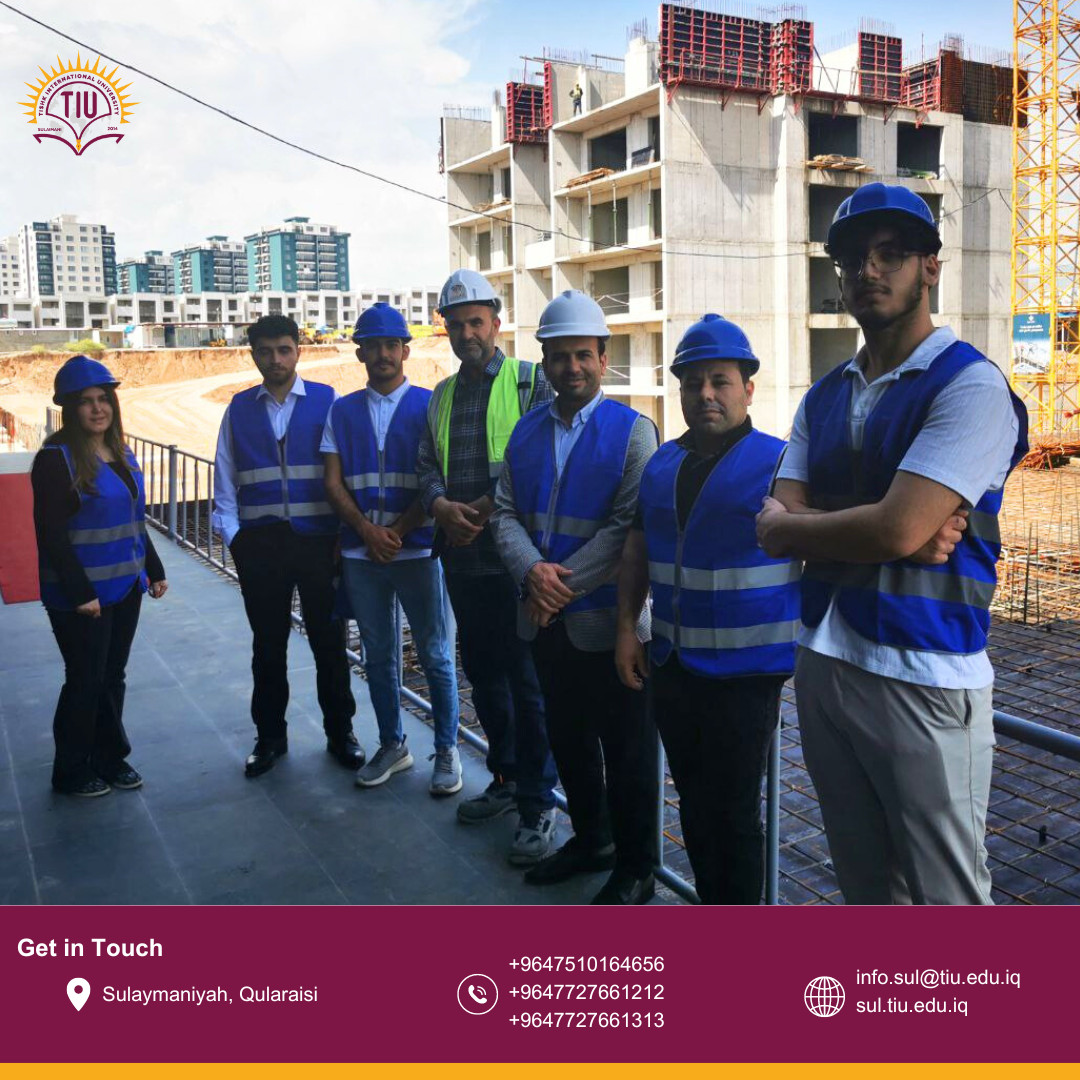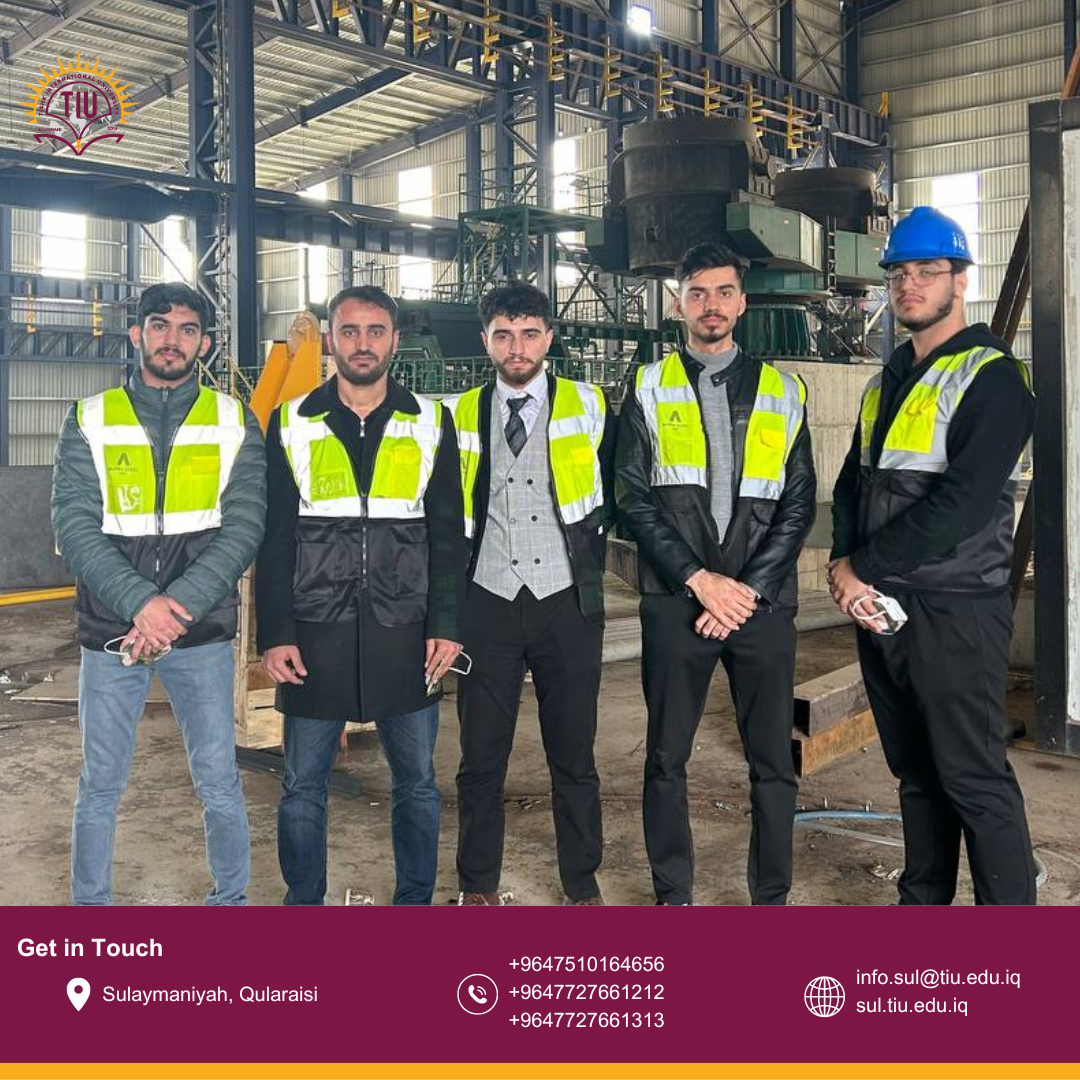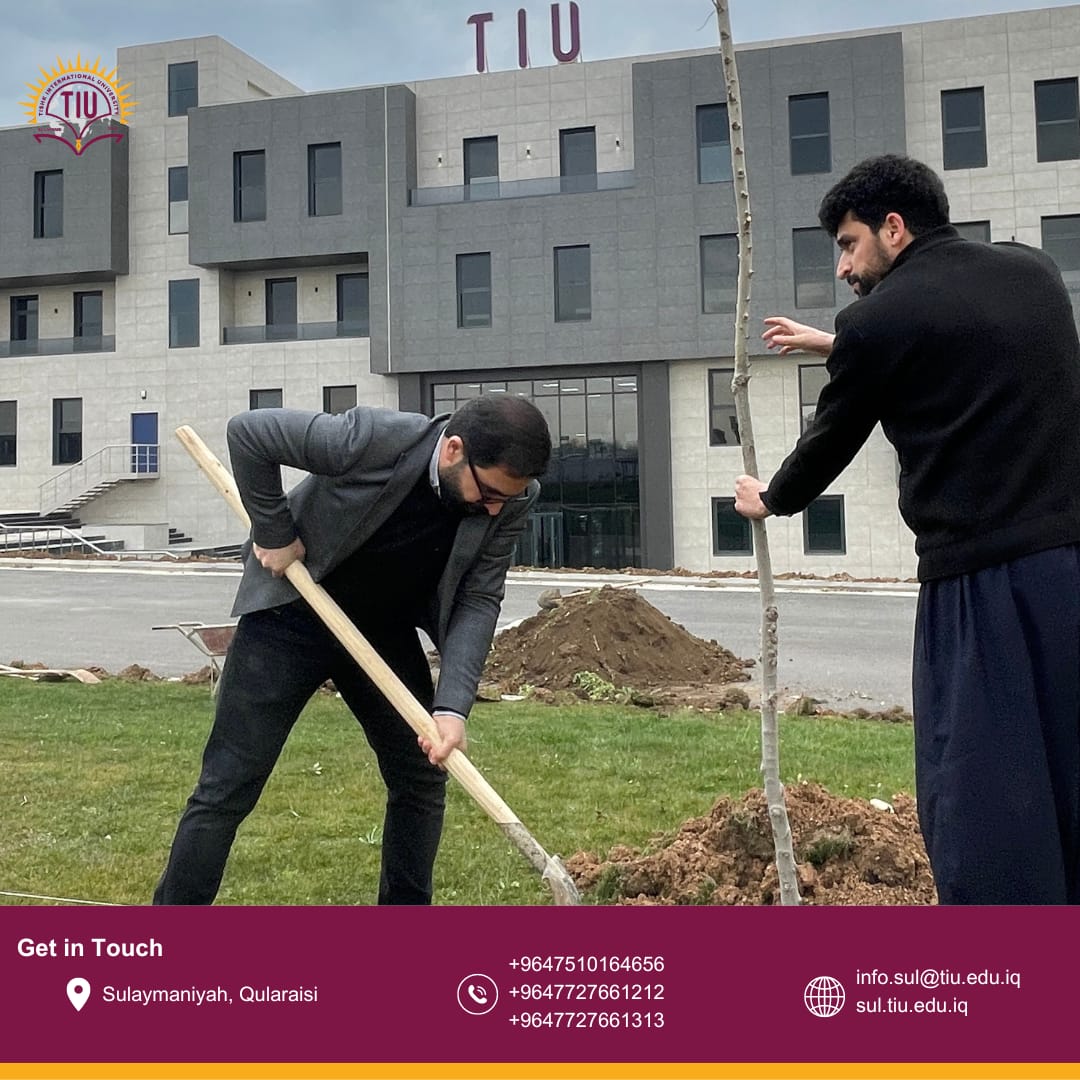Workshop: The Application of Digital Tools in Architectural Engineering Design
The Department of Architectural Engineering, Faculty of Engineering at Tishk International University-Sulaimani (TIUS) hosted a National Workshop entitled: The Application of Digital Tools in Architectural Design, held on December 20th, 2022. The workshop aimed to shed light on the most recent digital tools used in architectural engineering design as well as the potentiality of the new technology to be applied in architecture.
The workshop featured a series of engaging seminars, each focusing on innovative intersections between technology and architecture:
- “Contributing Architecture to the Metaverse” by Dr. Sardar S. Shareef from Tishk International University-Sulaimani. Dr. Shareef offered insights into how architectural design principles are increasingly influential in the digital realm of the metaverse, suggesting a new frontier for architectural creativity and engagement.
- “The Application of VR and AR in Architecture” by Dr. Rozhen Kamal Mohammed-Amin, affiliated with the Kurdistan Institution for Strategic Studies & Scientific Research (KISSR) and the Cultural Heritage Organization (CHO). Dr. Mohammed-Amin’s seminar delved into the practical use of Virtual Reality (VR) and Augmented Reality (AR) technologies in architectural visualization and design, illustrating the profound impact these tools have on the way architects and clients experience and refine architectural spaces before they are built.
- “The Application of BIM in Architectural Design” presented by Mr. Awder Omar, the founder of BIM Space. This seminar highlighted the importance of Building Information Modeling (BIM) in modern architectural design, emphasizing how BIM facilitates a more integrated and efficient approach to the design, construction, and management of buildings.
The workshop culminated in vibrant discussions, with participants exchanging ideas and contemplating the implications of these technological advancements for the future of architecture. The outcomes of the workshop were fruitful, signaling a promising direction for the integration of advanced technology in architectural education and practice.








